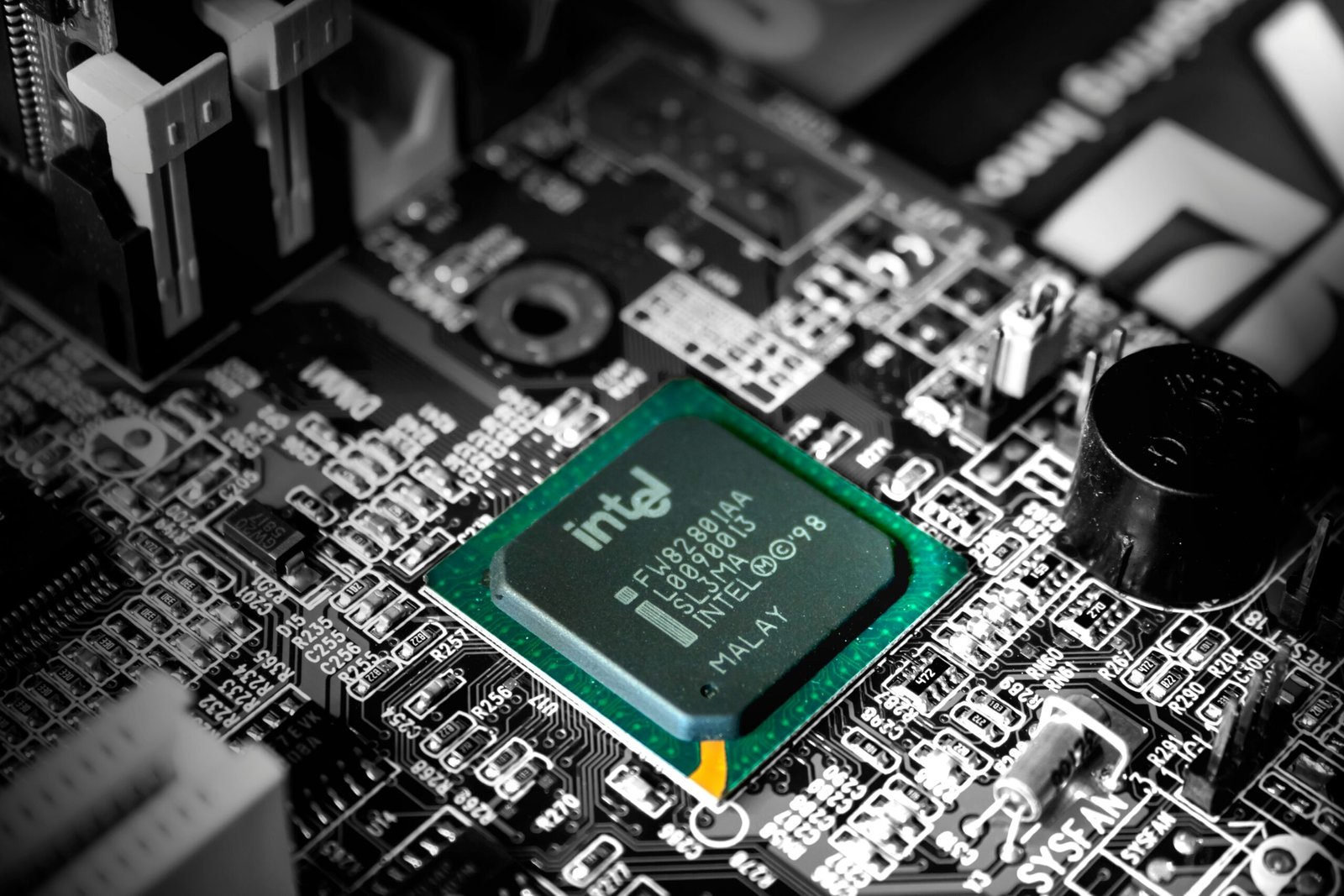Introduction
As technology continues to evolve, the integration of artificial intelligence (AI) into various aspects of society has sparked a significant discourse surrounding its ethical implications. The growing reliance on AI systems in decision-making processes raises essential questions about their capacity to operate within a moral framework. The concept of machine ethics emerges as a critical area of study, focusing on whether these systems can be trusted to make ethical decisions that impact human lives.
In recent years, we have witnessed AI being employed in diverse fields, such as healthcare, criminal justice, and finance, where the stakes are particularly high. For instance, algorithms used in medical diagnostics can often assist healthcare professionals in making life-altering decisions. However, the potential for biases in these algorithms raises concerns regarding fairness and accountability. As such, the discussion about the ethics of AI is not merely theoretical; it is a pressing issue that demands immediate attention and thoughtful consideration.
Throughout this article, we will explore the multifaceted ethical dilemmas posed by AI technologies. Readers can expect to gain insights into various real-world examples that illustrate the complexities of programming moral decision-making into machines. Additionally, we will delve into current debates surrounding parameters that should govern AI behavior, addressing critical voices in the field and the ongoing efforts to establish ethical frameworks. By the end of this piece, the aim is to create a nuanced understanding of whether we can genuinely trust machines to handle morally charged decisions and the implications of their actions for society at large.
Understanding AI and Its Decision-Making Capabilities
Artificial Intelligence (AI) refers to computer systems designed to perform tasks that typically require human intelligence. These tasks include reasoning, learning, problem-solving, and even understanding natural language. At the core of AI’s operation lies a technology called machine learning, which enables systems to learn from vast amounts of data, improving their performance over time without explicit programming for each task.
Machine learning algorithms analyze patterns and trends within data, allowing AI systems to make predictions or decisions based on past experiences. For instance, in the healthcare sector, AI applications are used for diagnosing diseases from medical images. These systems are trained on thousands of labeled images to identify specific features indicative of particular conditions, such as tumors or other anomalies. The accuracy of these applications often surpasses human specialists, demonstrating the potential for significant advancements in patient care.
In finance, AI technologies are employed for fraud detection and risk assessment, where algorithms rapidly process transaction data to identify unusual patterns that might indicate fraudulent activity. By integrating real-time data analysis, these systems can protect consumers and financial institutions from significant losses, showcasing the profound impact AI can have in mitigating risks.
Autonomous vehicles are another prime example, where AI must make real-time decisions based on a multitude of inputs, such as traffic conditions and pedestrian behavior. These vehicles utilize sensor data and AI algorithms to navigate while adhering to traffic laws and ensuring passenger safety. However, this complexity raises ethical concerns about decision-making, particularly in situations where harm may come to individuals in unavoidable accidents.
As AI continues to evolve, understanding its decision-making capabilities and the implications of moral choices becomes increasingly integral to its adoption across various sectors. The combination of technological advancements and ethical considerations poses significant questions about the extent to which we can trust these machines to make responsible decisions.
Ethical Dilemmas in AI: Case Studies and Real-World Examples
The integration of artificial intelligence into various sectors has precipitated numerous ethical dilemmas, particularly concerning moral decision-making. While AI systems have the potential to improve efficiency and objectivity, their involvement in sensitive areas such as criminal justice and medical ethics raises pertinent questions regarding their reliability and moral compass.
One notable case study is the use of AI in predictive policing, where algorithms analyze crime data to forecast potential criminal activity. These systems are designed to allocate law enforcement resources more effectively; however, they have been criticized for perpetuating existing biases. Ethicists argue that reliance on such algorithms can lead to discriminatory practices, disproportionately targeting marginalized communities. Multiple instances have surfaced where AI-driven policing strategies have led to unjust actions against individuals, showing that while AI can process vast amounts of data swiftly, it lacks the moral discernment necessary for nuanced human situations.
Similarly, in the field of medical ethics, AI tools are being utilized for diagnostic purposes, treatment recommendations, and even in some cases, end-of-life decisions. A study involving AI diagnostics in radiology highlighted both the potential benefits and the ethical pitfalls. Although AI demonstrated high accuracy in identifying certain conditions, concerns arose about the transparency of decision-making processes. Critics expressed the need for healthcare professionals to evaluate AI findings comprehensively, as machines lack the emotional understanding vital in patient interactions and situations that involve significant ethical considerations.
The debates surrounding these case studies illustrate broader implications regarding trust in AI systems for moral decisions. Ethicists contend that a machine’s lack of empathy and contextual understanding can lead to serious consequences, ultimately questioning whether we can entrust such technologies with weighty moral choices. Policymakers must navigate these complex challenges, ensuring regulations and frameworks are established to oversee the ethical responsibilities of AI deployments.
The Future of AI Ethics: Recommendations and Call to Action
As we navigate the rapidly evolving landscape of artificial intelligence, it becomes increasingly clear that ethical considerations must remain at the forefront of our discussions. The recommendations outlined here aim to guide individuals and organizations towards a responsible approach to AI development and usage. First and foremost, stakeholders should prioritize ongoing education about AI technologies and their potential ethical implications. Keeping knowledgeable about advancements will empower individuals and communities to critically assess the associated moral dilemmas and advocate for responsible practices.
Individuals are encouraged to engage in conversations about AI ethics, whether in professional settings or casual discussions. By fostering an open dialogue, we can better understand diverse perspectives and work towards collective ethical standards. Academic institutions, businesses, and tech companies should collaborate in hosting forums and workshops focused on AI ethics, enabling participants to contribute to vital discussions about the technologies that increasingly influence our lives.
Moreover, advocacy for transparent governance structures within AI development cannot be overstated. As the deployment of AI systems grows, so too does the importance of regulatory frameworks that ensure accountability, fairness, and inclusivity. It is essential for tech companies to implement ethical guidelines that govern their AI practices and for policymakers to establish laws that address the broader societal impacts of AI deployment.
Finally, we invite our readers to share their thoughts on this pressing topic. What are your opinions regarding AI’s role in moral decision-making? Engaging with our content by commenting below or sharing this article on social media helps to raise awareness and promotes community involvement in an ongoing conversation about the ethics of AI. Together, we can shape a future where technology and ethical considerations develop hand in hand.




